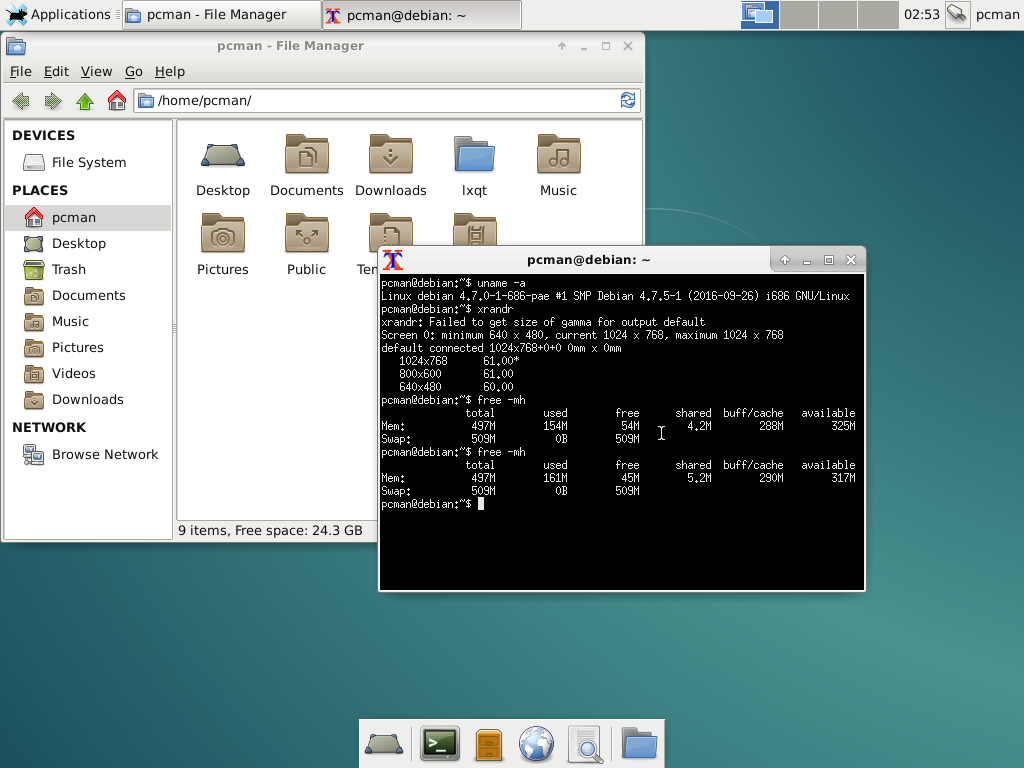Qt is used in Automotive/IoT industries and is most definitely lightweight because it includes everything needed to get the job done without needing outside dependencies.
- https://blog.basyskom.com/2017/qt-lite/
- http://blog.qt.io/blog/2017/05/31/qt-lite-qt-5-9-lts/
- http://blog.qt.io/blog/2016/08/18/in...hing-any-size/


Leave a comment: